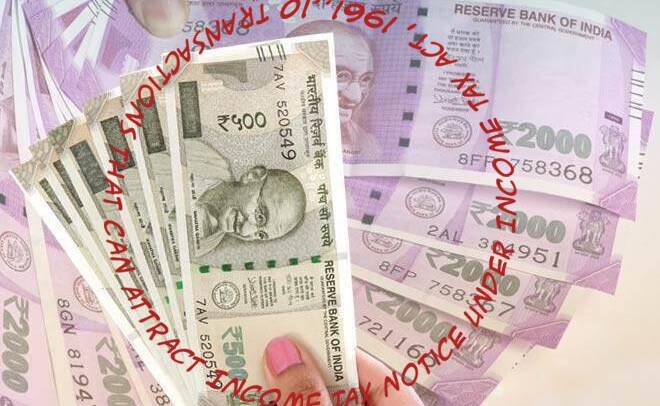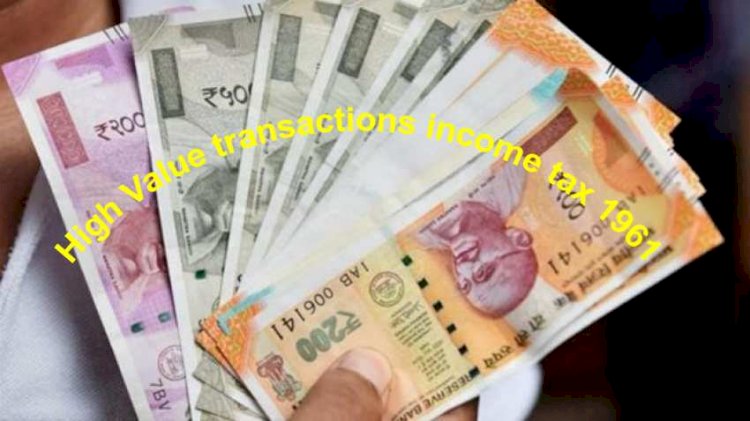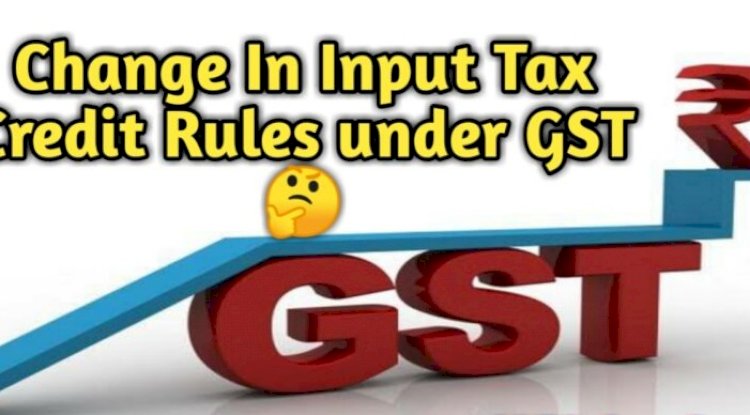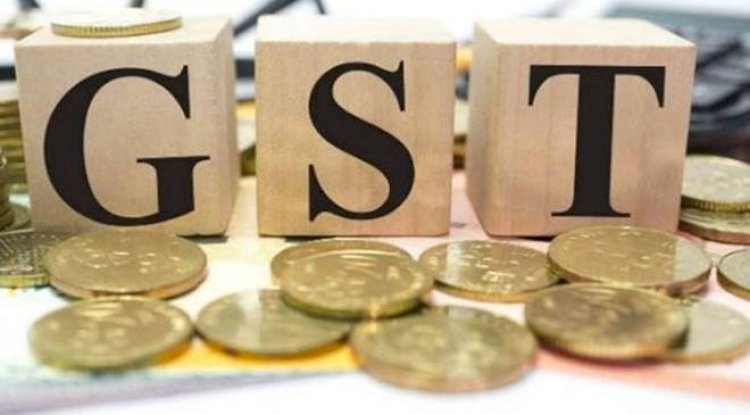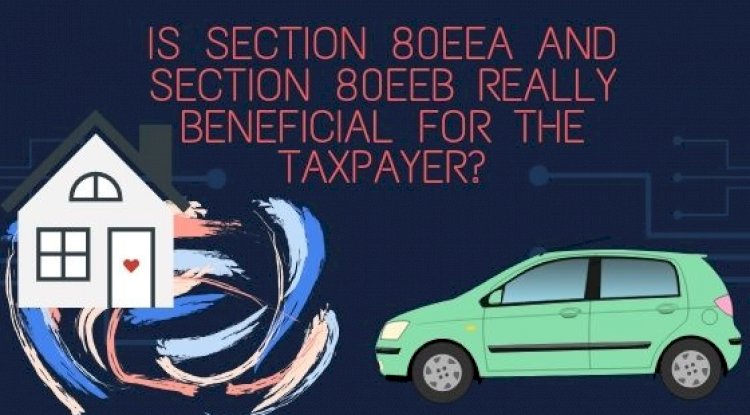10 transactions that can attract Income Tax notice under Income Tax Act, 1961
High value transactions are transactions that are done in high denominations. The Income Tax Department has been joining hands with all other concerned government for the last few years. Departments from which you can get this financial information and find out all those individuals who are spending high amount but not filing income tax returns or paying taxes as per the income earned.Government. It is taking many measures to reduce tax evasion day by day and for this it is adopting technology and bringing its campaign in digital mode.
There is a need to be cautious while making any type of high value transactions as the Income Tax Department has become very cautious about high value transactions. Today it has various tools through which it will be known that someone has done a high value cash transaction. For example, if a person invests in the stock market Through a demand draft using cash, the broker will report the investment in its balance sheet. Therefore, there is a need to know the extent of high value cash transactions and the person should keep a cash transaction within that limit and avoid any type of income tax notice.
The Income Tax Department finds out about high value transactions through reporting officers i.e. banks, post offices, registrars, companies, who give information about high value transactions to the Income Tax Department by filing Form 61A called Statement of Financial Transactions. Huh. It is necessary to do. This form helps the investigation wing of the Income Tax Department To know about the high-value transaction and then check whether such person has filed the return of income or not. If the return is filed, what is known is whether the income is correct and whether the taxes are paid correctly or not. Speaking on various transactions can be an income tax notice below, there are top 10 transactions that can attract income tax notice:
1. Cash deposit in Savings account
For an individual, the limit of cash deposit in a savings account is Rs. 1 Lac. If the savings account holder deposits more than 1 lakh in a savings account, the Income Tax Department can send an income tax notice in respect of such cash transactions. If you have two savings bank accounts and the total deposit is more than Rs 10 lakh in a year, the bank will have to inform the Income Tax Department. If the assessee fails to report income on the income tax return, the department can issue notice for revaluation of income under the Income Tax Act, 1961.
2. Non Reporting of Savings Bank Interest / FDR Interest in ITR
The bank submits the report to the Income Tax Department that in case of providing details in respect of the amount of savings bank interest and FD interest earned by a person during the financial year, the person fails to report the same in the income tax and returns the same as compared to the return tax. Can. Under the reporting of income and the reason therefor may issue a notice with the department Respect under reporting income. To avoid such a thing, the assessee should report all savings bank interest or FD interest earned by him during the financial year.
3. High Value Cash Deposit in current account
If you deposit cash or withdraw cash from your bank account of more than Rs 50 lakhs, the bank will report it to the Income Tax Authority. The total deposit or withdrawal of 50 lakhs or more in a financial year in one or more current accounts of a person has to be reported by the bank to the I-T authorities. A cash payment of Rs 10 lakh or more in a financial year will also be reported for the purchase of a pre-paid instrument issued by a bank draft or RBI.
4. High Value Transactions e.g. Share Trading or Derivatives:
The assessee investing in mutual funds, stocks, bonds or debentures should ensure that its cash infusion does not exceed Rs in the above investment options. 10 lakh limit. Failing to maintain this cash spread limit, the Income Tax Department can check your final Income Tax Return (ITR). If the assessee shareholding (listed or unlisted) of the company exceeds Rs 10 lakh in a financial year, the company will report it to the Income Tax Authority.
5. Payment made from credit card
If you pay more than Rs 10 lakh in a financial year to the credit card company, then the credit card company will report to the Income Tax Authority. While paying a credit card bill, one should not cross the rupee. 1 lakh limit in cash.
6. Bank Fixed Deposit
If you make a fixed deposit of more than Rs 10 lakh in a financial year, the bank will report it to the Income Tax Authority. Cash deposit is allowed in the bank FD but it should be Rs. Should not go more than 10 lakhs. Violation of this is Rs. The limit of 10 lakhs is also not appropriate for a bank depositor to deposit cash in a bank's FD account.
7. Purchases of bank drafts
Bank drafts, payment orders, purchase orders or bankers' cash checks of Rs 10 lakh or more should be reported in a year. If the assessee buys bank draft, pays orders, purchase order or banker checks more than Rs 10 lakh in a financial year, the bank will report it to the Income Tax Authority.
8. Purchase or sale of immovable property
The property registrar will have to report the purchase and sale of all immovable property in excess of Rs 30 lakh to the Income Tax authorities. While buying or selling property, one should ensure that Rs. 30 lakh is doubtful as the Income Tax Department discourages cash transactions exceeding this limit in a real estate deal. The purchase or sale of immovable property having a guidance value of Rs. 3 million or above. The actual value of the sale or purchase is irrelevant.
9. Cash received for 2 lakhs or more against sale of goods or services
Any person who is liable for audit under section 44 AAB of the Act is liable to report cash received for sale of goods or services for 2 lakhs or more. The aggregation rule is not applicable for the above types of transactions i.e. Rs. 2,00,000 only to consider the single transaction recorded by the assessee in which he receives only cash amount.
10. Foreign Currency expenses of more than Rs. 10 Lakhs
Expenditure in foreign currency through debit card, credit card or traveler's check, amounting to 10 lakh rupees or more in a year. If you pay more than Rs 10 lakh in foreign currency expenses through debit / credit card in a financial year, the credit card company will report to the Income Tax Authority.
What's Your Reaction?







